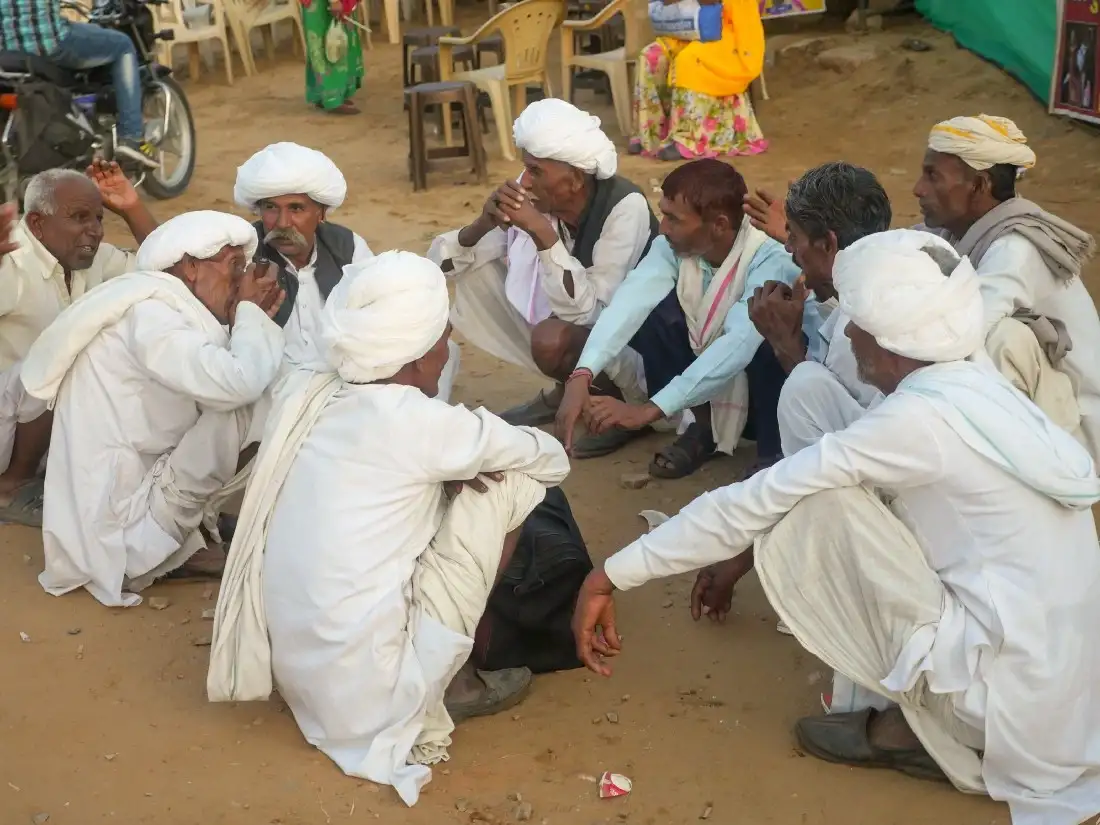
As a nation, we have been hearing and discussing recent farm bills (turned Acts now). While we are still understanding the barriers of the market, it is vital to also understand the barriers to capital. For both capital and market are important for the success of farmer organisations.
Going forward, we will share the insights from our discussions with the CEOs of the Farmer Producer Organisations (FPOs). To begin with, these CEOs were successful in getting ‘secured’ loans from financial institutions and, share their experience and challenges when it came to capital. Uneven cash flow and capital locked in low or no revenue generating activity emerged as the prominent challenges. The management was very well aware of this problem but was unable to break the cycle of events.
Let us elaborate! So the loans that the FPOs secure are for business activity. In such a scenario, the loan is for a specific task. For example, let’s say for the procurement of seeds. The loan amount received by the FPOs is spent in procuring the seeds from suppliers. This transaction between seed supplier and FPO is a short cash cycle. Now when the FPO sells to the farmer, its cash recovery time is much longer, because the farmers buy on credit. A couple of FPOs shared that most farmers buy the seeds on 50% credit. The remaining 50% will be received across the farming season. Now, the FPO has spent a good chunk in procuring and another chunk is locked-in with the farmers. Any unforeseen expenses at this moment, makes FPO dig deep into their pockets.
Lack of cash stifles out any scope of experimentation or innovation. During harvest, the FPO buys from the farmer upfront. Further spending the cash reserve and piling inventory which is often slow-moving and takes 3–4 months to encash. In the end, the FPO is able to make the ends meet and pay the loan amount with interest. If the climate and market are in good favour, then this happens with a small operational profit. The FPO team is so entangled in this annual cycle, that the CEO and team are unable to even think for the long term. As one CEO puts it, ‘When survival consumes so much time and energy, planning for the long term is difficult.’
The lessons learnt from these discussions are that there are barriers to capital access. The three possible suggestions/interventions to look further after talking with CEO’s are:
First, there are no or very limited scope for getting unsecured loans. Short term unsecured loans are often a lifesaver for businesses in times of dire need. FPOs operate in such a stringent condition, often the need for such funds arises.
Second, there are many ways to provide secure loans to FPOs and these loans are for business activity. Going forward, one should explore the means to fund these businesses.
This leads to the third point, which is to explore making patient capital available for FPOs.
As we are trying to break barriers to the market for the farmers, we should also look into breaking barriers to capital. Failing which, our farmers will remain at the mercy of the market to determine ‘fair price’ for their yield.
Raghuram Rajan recently posted on LinkedIn saying, ‘It is said India reforms only in crisis.’ If that is true, then we are in the middle of one of the biggest crises in human history. We hope that ‘with great crisis comes great reforms’.
